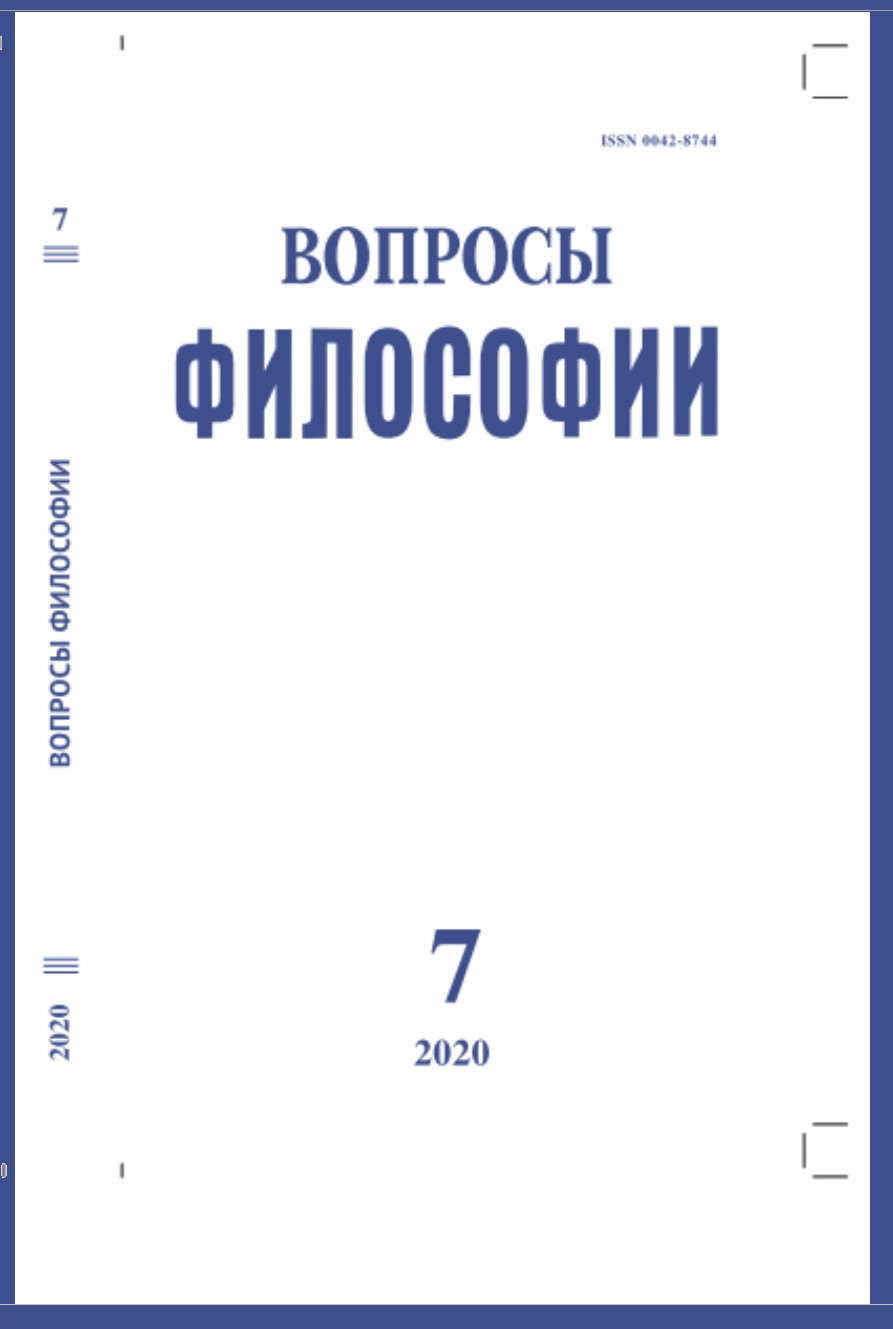Post-nonclassical Psychology and Pseudoscience: a Realistic Perspective*
DOI:
https://doi.org/10.21146/0042-8744-2020-7-93-103Keywords:
post-nonclassical psychology, philosophy of science, pseudoscience, anti-science, realism, relativism, reproducibility, HoltonAbstract
The article analyzes post-nonclassical psychology from the standpoint of realistic philosophy of science. There are three of its features that contribute to the fact that post-nonclassical psychology becomes a fertile ground for the development of pseudoscientific ideas. These are relativism, based on the pluralism of truth; the denial of reproducibility as a necessary criterion of scientific knowledge; and diffusion of the border between scientific and unscientific knowledge. It is revealed in the article that relativism is often embedded into post-nonclassical psychology by means of constructivism or constructionism. It is stated that the uniqueness of the object is not an obstacle to scientific research, which relies on the criterion of reproducibility. Also a number of characteristics of post-nonclassical psychology that bring it closer to the counter-scientific worldview (according to G. Holton) are identified in the article. It allows to suggest that from the classical standpoint post-nonclassical psychology should be considered not as a new stage in the development of science, but as an anti-science. It is concluded that within the post-nonclassical framework philosophy of science failed to exercise one of its functions, which is to protect science from the preconceptions of philosophers, mystics, church leaders, etc.

